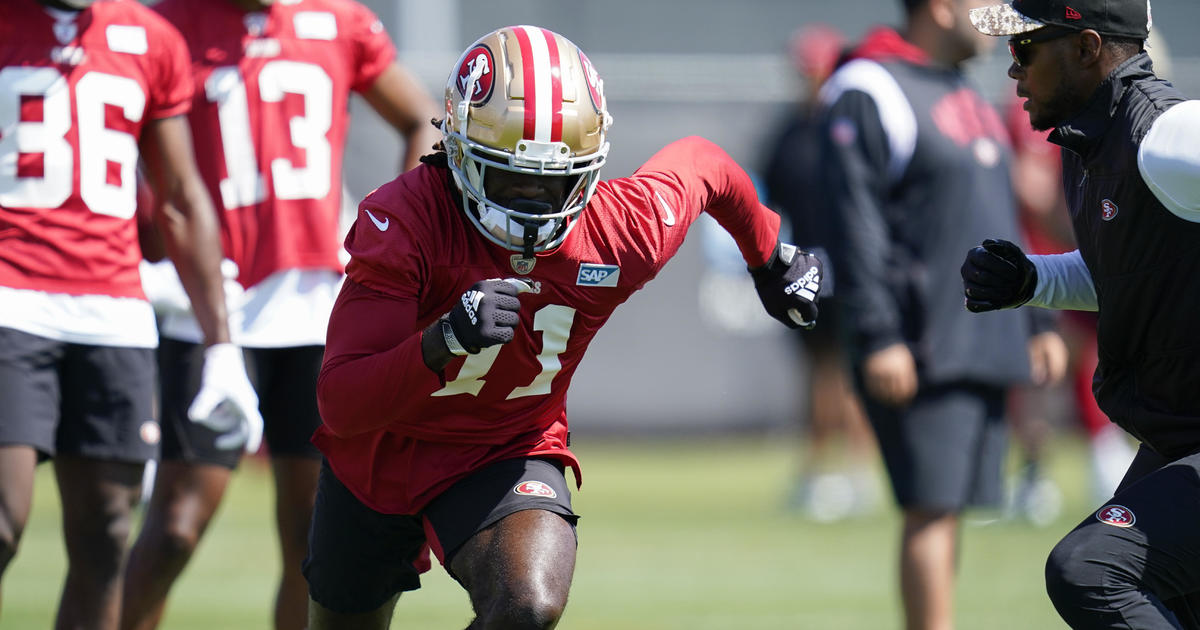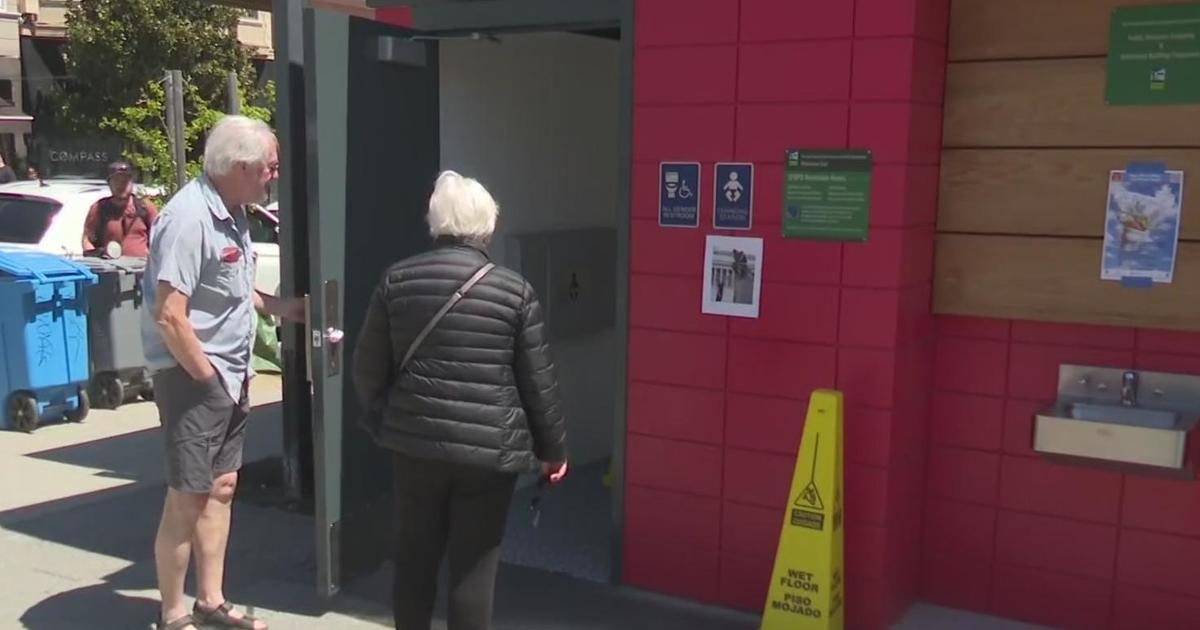Promises of Prosecution After Nude Celebrity Photos Leaked—Is Cloud Storage Secure?
SAN FRANCISCO (KCBS)— The publicist for Academy Award-winning actress Jennifer Lawrence is promising that the person who posted nude photographs of the star online on Sunday will be prosecuted.
Lawrence was not the only actress to have her nude photos taken from a server stored in the cloud by a hacker. Photos of Mary E. Winstead, and others, were also posted on 4chan, Reddit, Twitter, and Tumblr.
This latest round of leaks have many wondering how secure information is, that's stored on the cloud. Chester Wisniewski, senior security advisor at Sophos, a global security company, gives a simple explanation for what the cloud is for those who may not know.
"It's the ability to store your files on the Internet. It's very convenient to have that sort of virtual hard disk in the sky, which is I guess why we call it the cloud."
For people with iPhones, photos can automatically be stored away in the cloud without the user really even needing to tell the device to do so. "Whether it's an Android or an iPhone, [mobile devices] have a tendency to enable this automatic synchronization to go 'oh, you've taken a photo, we'll make this available very conveniently in the cloud.'"
Wisniewski said very rarely do these devices provide any warnings (and that perhaps they should) about the risks of storing in the cloud and being seen off your device despite their convenience.
The benefits of cloud storage are clear, you can access files on multiple devices and if you have a lost phone or tablet, your information is saved. However, the security issue— highlighted by the nude photo leaks, is a growing concern.
"When you look at the idea of the cloud, in essence what you're saying is; 'I'm going to share my files on someone else's computer.' Whenever you put something on someone else's computer, to a degree, they have access to it, of course for legal reasons and law enforcement," he said.
Other than that, it's really only protected by the password you choose for your device. Wisniewski said it may be a bitter pill to swallow, but that in order to protect yourself better, you may have to follow the online security advice you've probably already heard before that involves longer, more complicated passwords.
"We don't really know what happened in this particular case with these celebrities, but more often than not when we see this it's usually because folks had somewhat simplistic or guessable passwords."
Another likely scenario for the leaks could be phishing scams where people have received suspicious emails from bogus senders posing as legitimate companies, like Apple, with malicious embedded links that should not be clicked on.



